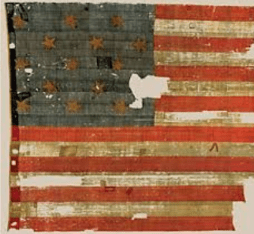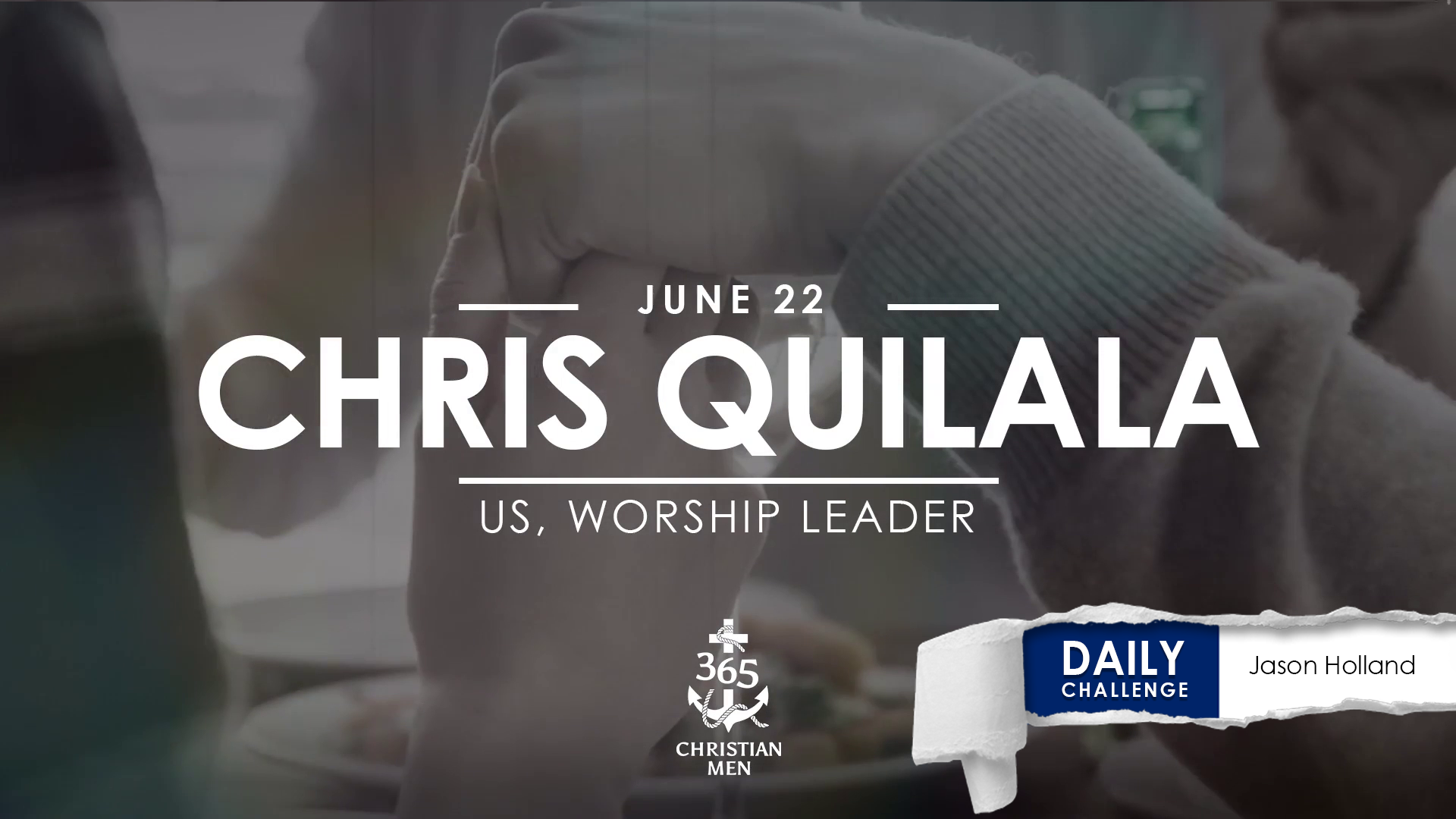June 29. Richard Allen. Allen endured huge loss as a child. But even as a new believer, he stood strong in the face of gross injustice and became one of America’s most active and influential black leaders.
Obstacles can cripple or cause growth. It’s your choice.
Allen was a human being who was legally owned by another human being. In the United States.
In the late 1700s, the cruel abuse Allen suffered could have made him bitter. But Allen chose a different path.
He was born into a slave family owned by Benjamin Chew, the Attorney General of Pennsylvania, who soon sold the family to Stokely Sturgis in Delaware. Sturgis, always in need of money, later sold Allen’s mother and three siblings to another slave owner. Which, of course, left young Allen all alone in the world.
The loss of his family was gut-wrenching, but Allen got through it.
Sturgis was not cruel to his slaves. Unlike most slave owners, he allowed his slaves to attend religious services. So—with some of the other slaves—Allen went to hear a man preach the gospel. The meetings were often held in someone’s home, in open fields, or under a canopy of trees.
At seventeen, Allen became a follower of Jesus Christ. He said, “I cried to the Lord both day and night… and all of a sudden my dungeon shook, my chains fell off, and glory to God, I cried.”
Allen asked the slave-owner Sturgis to hold services in his home, and he did because he had noticed that Christianity had made Allen a better slave. Not too long after that, Sturgis became convinced that slavery was wrong, and he set his slaves free.
Believing God’s call was upon his life, Allen started preaching to African Americans. Soon he returned to the place of his birth, and at St. George’s Methodist Episcopal Church, he held services for African Americans. Even though the service had to be at 5:00 in the morning, within a year attendance increased so much that the white people decided to build a large balcony where African American people could be segregated.
But some African Americans were caught praying on their knees in another part of the church building and were forcibly removed. Allen and other African Americans decided to leave en masse and build their own church, something that wasn’t done in that time.
But they did!
They called it “Mother Bethel.” Methodist Bishop Francis Asbury, who had met Allen when he had preached at Sturgis’s farm in 1779, dedicated their church and building on June 29, 1794. It would become a stop on the “Underground Railroad,” the pipeline that runaway slaves took from the South to freedom.
Allen was forever thankful to the Methodists even though he writes, “We bore much persecution from many of the Methodist connection, but we have reason to be thankful to Almighty God, who was our deliverer.”
Allen was never a bitter man. Never resentful. Never vengeful. Mistreated? Yes. But he let it all go.
“Forgetting what lies behind and straining forward to what lies ahead, I press on toward the goal for the prize of the upward call of God in Christ Jesus” (Philippians 3:13–14 ESV).
On April 10, 1816, Allen met with leaders of African American churches from Pennsylvania, New Jersey, Delaware, and Maryland. After forming the African Methodist Episcopal Church, the first Black denomination in America, Allen was elected their first bishop. Today the church numbers nearly three million members—all because Allen let the past go and set us an example to follow.
Do you ever dwell on some mistreatment you received in the past? If so, it’s time to let it go. God has great things for you to do. Obstacles can cripple or cause growth. It’s your choice.
Biography.com. “Richard Allen.” Updated March 6, 2020.
PBS. “Richard Allen.” Africans in America. Part 3. Accessed May 9, 2020.















